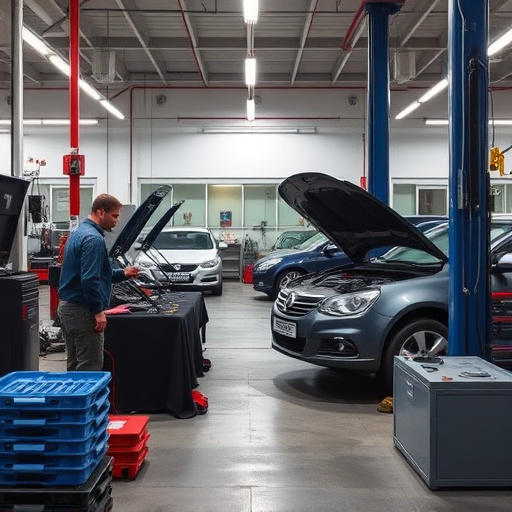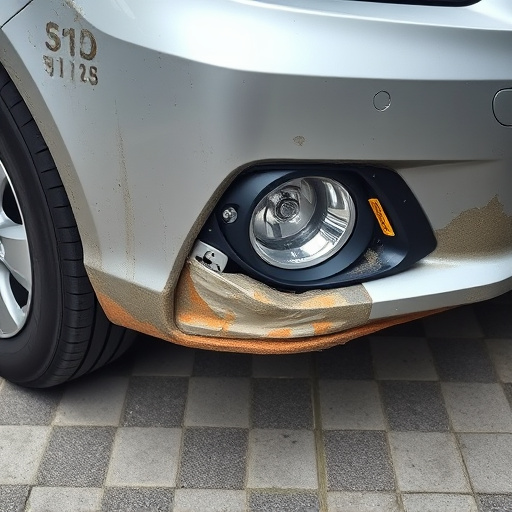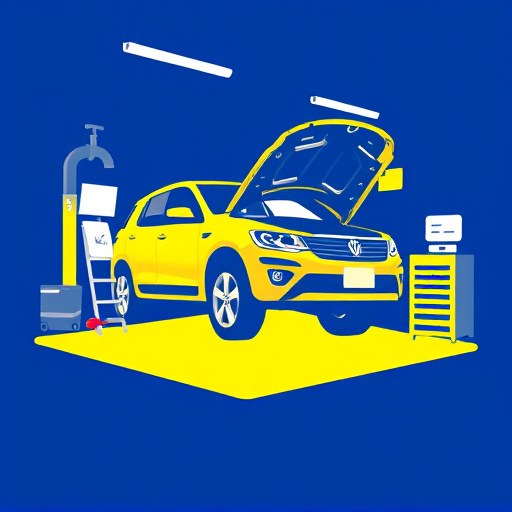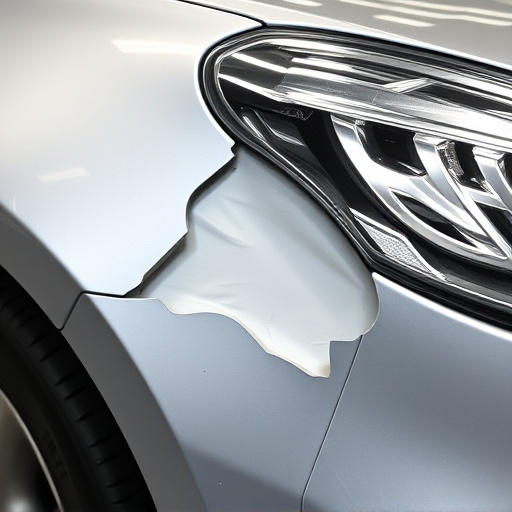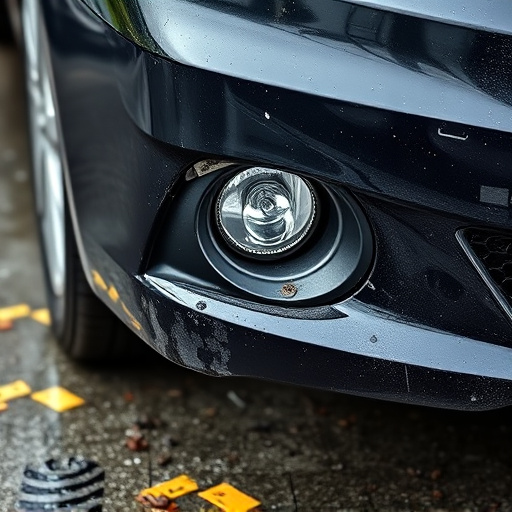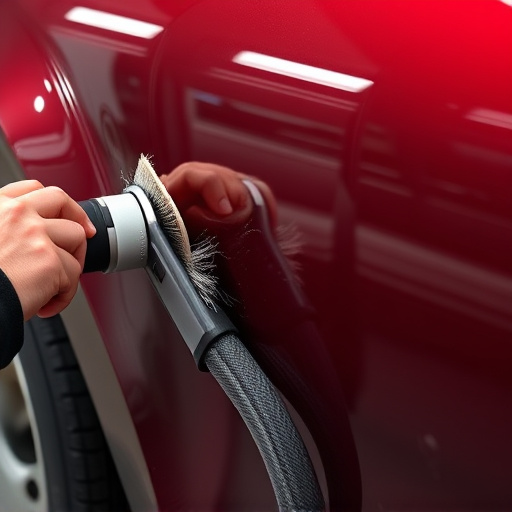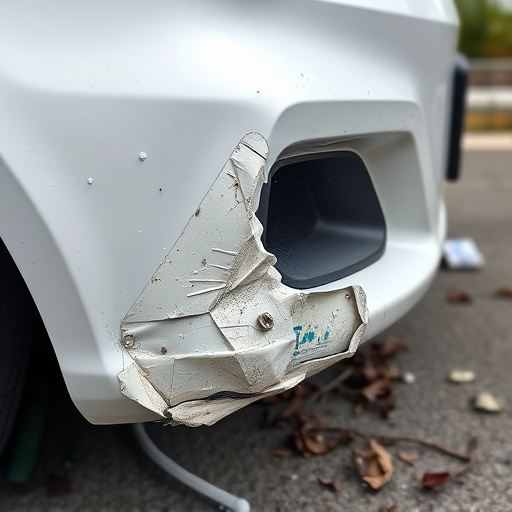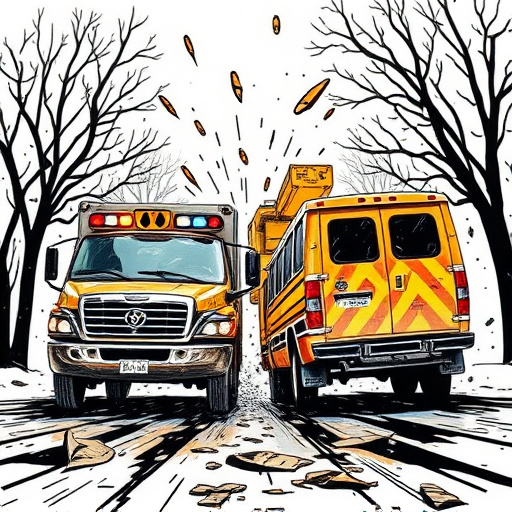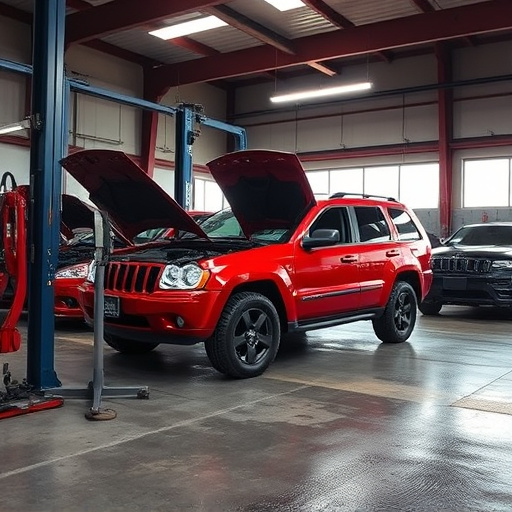Repair Quality Verification (RQV) is key to assessing and ensuring high-quality car repairs, especially in painting and bodywork, thus maximizing vehicle resale value by meeting customer expectations for top condition and structural integrity. Advanced inspection technologies and standardized QA protocols are crucial in detecting minor imperfections, while trained technicians guarantee consistent results, fostering confidence in top-tier restoration services.
In the competitive real estate market, ensuring the quality of repairs is no longer an optional consideration—it’s a strategic imperative. This article explores the profound link between repair quality verification and resale value, providing insights that can empower both homeowners and realtors. We delve into how meticulous inspections influence property value, offering practical strategies for effective quality assurance to maximize investment returns. Understanding this connection is crucial for navigating today’s market successfully.
- Understanding Repair Quality Verification's Impact
- Resale Value: The Direct Connection
- Strategies for Effective Quality Assurance
Understanding Repair Quality Verification's Impact

Repair Quality Verification (RQV) plays a pivotal role in determining a vehicle’s resale value. It involves meticulous inspection and assessment of repair work conducted on vehicles, ensuring that all repairs meet or exceed industry standards. This process is particularly crucial for auto painting and car bodywork services, as even minor defects can significantly impact the overall aesthetics and perceived value of a vehicle.
By verifying the quality of these essential car repair services, RQV helps maintain the integrity of the vehicle’s structure and finish. It ensures that repairs are not only structurally sound but also aesthetically pleasing, aligning with the expectations of potential buyers. This, in turn, maximizes the resale value, as customers are more likely to invest in a vehicle they perceive as high-quality and well-maintained.
Resale Value: The Direct Connection
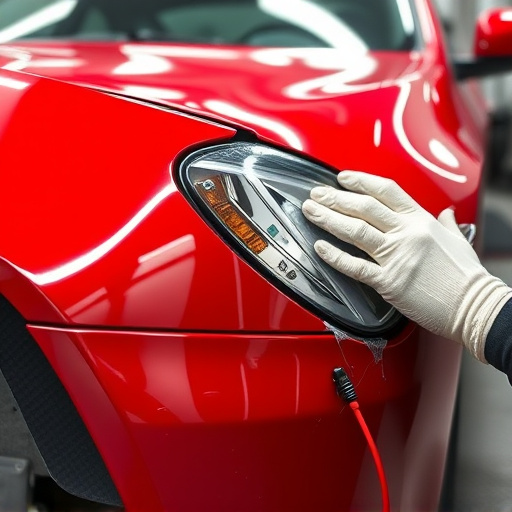
The resale value of a vehicle is directly connected to its overall condition and appeal to potential buyers. One of the key factors that influences this is the quality of repair work undertaken, especially following accidents or damage. When a car undergoes thorough and expert repair, whether it’s for dent repair, collision repair, or comprehensive automotive body work, the impact on its resale value can be significant.
A well-executed repair process restores not just the physical appearance but also the structural integrity of the vehicle. This ensures that any signs of previous damage are effectively hidden, and the car presents itself as a quality pre-owned option. Repair quality verification plays a crucial role here by ensuring that all repairs meet high standards, providing peace of mind to potential buyers and maximizing the resale value of the vehicle.
Strategies for Effective Quality Assurance

Ensuring top-notch repair quality is paramount to maintaining and enhancing a vehicle’s resale value. Quality assurance (QA) strategies in the automotive industry go beyond initial manufacturing precision. After a car dent repair, vehicle collision repair, or auto painting, rigorous QA processes are essential to detect even the slightest imperfections. This involves employing advanced inspection technologies, such as 3D measuring tools and high-resolution cameras, which enable detailed assessments of repairs.
Implementing standardized QA protocols across all stages of the repair process is key. This includes pre- and post-repair inspections, where every component is meticulously checked for accuracy and adherence to industry standards. Training technicians in comprehensive quality verification methods further strengthens the process, ensuring consistent results regardless of who handles the repairs. A commitment to meticulous QA not only safeguards resale value but also instills confidence in customers seeking top-quality vehicle restoration services.
Repair quality verification plays a pivotal role in determining a property’s resale value. By implementing robust strategies for effective quality assurance, homeowners and real estate professionals can ensure that repairs are performed to high standards, enhancing the overall appeal and market competitiveness of the property. This, in turn, leads to higher resale prices and better returns on investment. Embracing repair quality verification as a key component in the real estate transaction process is a sure-fire way to navigate the market with confidence.
